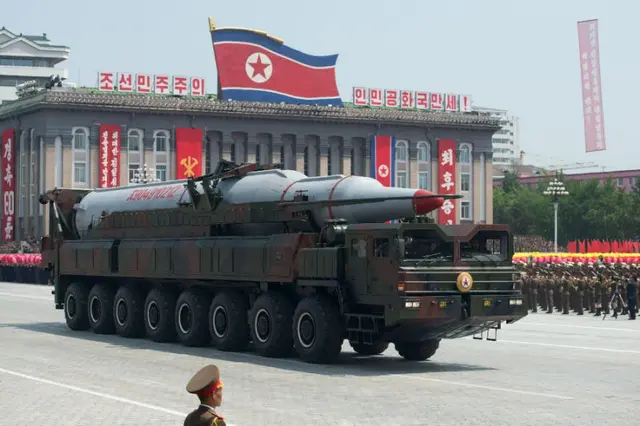A special anti-terrorism campaign in northwest China's Xinjiang Uygur Autonomous Region has delivered a powerful counterpunch to religious extremism and terrorists, according to Chinese experts.
The regional government launched a year-long campaign in late May after a terrorist attack in the regional capital of Urumqi killed 39 innocent people and injured 94 others. The campaign targets terrorist suspects and extremism.
"A series of anti-terrorism measures shows our firm resolve to crack down on and strictly guard against violent terror crimes," said Chen Tong, head of the Law School of Xinjiang Normal University.
On Monday, 13 people in Xinjiang Uygur Autonomous Region were executed for terrorist attacks and violent crimes. Three were sentenced to death and five others to fixed or life jail terms over an attack near Beijing's Tian'anmen Square last October.
In a previous mass sentencing on June 5, courts in Xinjiang sentenced nine people to death, three to suspended death and 69 others to life or fixed-term imprisonment for crimes including organizing, leading or participating in terrorist organizations. In another public sentencing in Ili in northern Xinjiang in late May, three were sentenced to death and 52 others were jailed for such crimes as murder, separatism or terrorist activities.
Both the Oct. 28 attack near Tian'anmen Square and the seven cases involving the 13 executed criminals in Xinjiang, share an obvious terror nature, according to experts.
Video evidence showed principal Usmen Hasan burned and insulted national flags of countries including China prior to the attack in which he drove a jeep to crash into a crowd of pedestrians at Tian'anmen Square, said Chen in an interview posted on the regional official news portal www.tianshannet.com late on Monday night.
Three innocent people were killed and 39 others were injured in the attack. The three suspects in the jeep -- Hasan, his wife and mother -- died on the spot.
Husanjan Wuxur, also involved in the case, claimed, "Our killings or blasts target people whether they are of Uygur, Kazak or Han ethnic groups. We will carry out attacks in crowded places."
The crimes and confessions of the defendants clearly showed the Oct. 28 case was a typical violent terrorist attack and their criminal acts brought calamity not to a certain region or ethnic group, but gravelyendangered national security, ethnic unity and the safety of people's lives and property, Chen said.
The targets of terrorists included police, grass-root cadres, innocent citizens of all ethnic groups and religions, said Muhtar Abdurusul, a researcher with Xinjiang Academy of Social Sciences, in the same article.
In one case, Abdujelil Metnasir joined a terrorist group in February 2012 under the influence of extremism. He and others of the group killed two members for their disobedience.
Religious extremism is the motivator of terrorist activities, whereas violent terror crimes are an obliteration of the tenet of peace in religion and is the biggest blasphemy to religion, said Abdurusul.
In the Oct. 28 attack, defendant Gulnar Tuhtiniyaz knew Islam bans the killing of innocent people, but she abandoned her two children and Islamic teachings after accepting religious extremism and joined a terrorist organization, said the researcher.
She confessed, "I am unable to kill people in terms of physical strength, but I can carry out explosions." She lost total human nature, said Abdurusul.
"We should not only crack down on violent terror crimes, but also make efforts to get rid of extremism," said Chen.
The special campaign is just a start and part of a systematic project, said Chen. Steady and long-term mechanisms should be set up to fight and prevent religious extremism and terrorism with the support of legislation, justice and active participation of the masses, he added.
The terror attack in Beijing and another at a train station in the southwestern city of Kunming in March which killed 29 and injured 143 shows terrorism is spreading from Xinjiang to other places in China. This requires a clear mind and high vigilance, said Chen.
The attacks in Xinjiang are not isolated and are closely related to international terrorism, especially activities in Central Asian countries, said Abdurusul, who called for strengthened international cooperation in fighting terrorism.
Generally, the international experience and practice of fighting and preventing terrorism can be summarized as special legislation, high-handed crackdowns, international cooperation and through common means, said Chen.
He urged the acceleration of legislation in China to put all anti-terrorism efforts under legal and institutional frameworks.
 简体中文
简体中文

